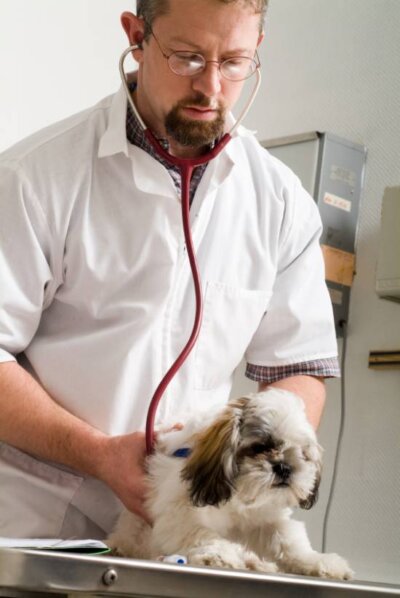
As the UK pet population grows and personal finances shrink, the opportunities for vets to engage with animal charities can only increase.
In 2015 The BVA found more than 70% of UK vets in some kind of reduced fee arrangement with animal charities and over 40% carrying out totally unpaid work for animal welfare organisations. The variety of services offered ranged from hands-on treatment through providing laboratory diagnostic services, to support for re-homing and rehabilitation centres.
The size of the UK animal charity sector is second only to children’s charities and hospitals or hospices. Last year, the Charities Aid Foundation (CAF) estimated over 20% of the UK population donated cash to animal-related good causes accounting for 7% of the nations near £11billion worth of charity donations.
Opportunities for involvement in charity work are many and varied
For vets, the opportunities for involvement in charity work are many and varied. Routine services – such as participation in cat neutering schemes, can provide regular and predictable work. Accidents involving domestic and wild animals will produce a more random level of demand. Although disrupting the routine of a busy practice, willing practitioners will be rewarded with variety, interest and valuable clinical and laboratory experience.
Sadly, in the current financial climate, the greatest call on animal charities – and on the charitable services of vets, comes from pet owners who can’t afford the treatment their loved animal needs. In 2013-14, The Joseph Rowntree Foundation reported around 5 million people earning less than the accepted living wage, and pensioner poverty running at 17%.
Careful co-operation between vets and animal charities
Animal charities see their duty of care not only to the sick or injured animal, but also to the pet owner who might rely on their pet for companionship and sense of purpose in life. Careful co-operation between vets and animal charities can function as an economically viable and important social service. In such a partnership the benefits for vets can outweigh any drawbacks. Charitable work cements the bond between the veterinary practice and the community; proving the vet’s value and commitment in a social framework where all professions are under scrutiny for their contribution to the greater good.
Veterinary laboratory suppliers are ready to play their part in support of animal charities and the veterinary profession. With offers of enhanced service levels and appropriate discounting, suppliers of veterinary equipment and veterinary consumables with animal charities and vet professionals, can together make the difference – to pets and to pet owners, in these hard times.

